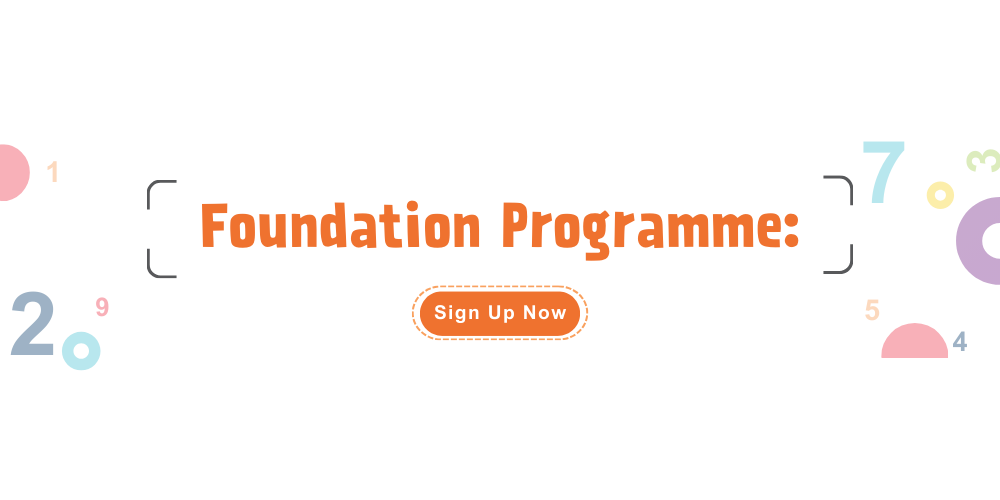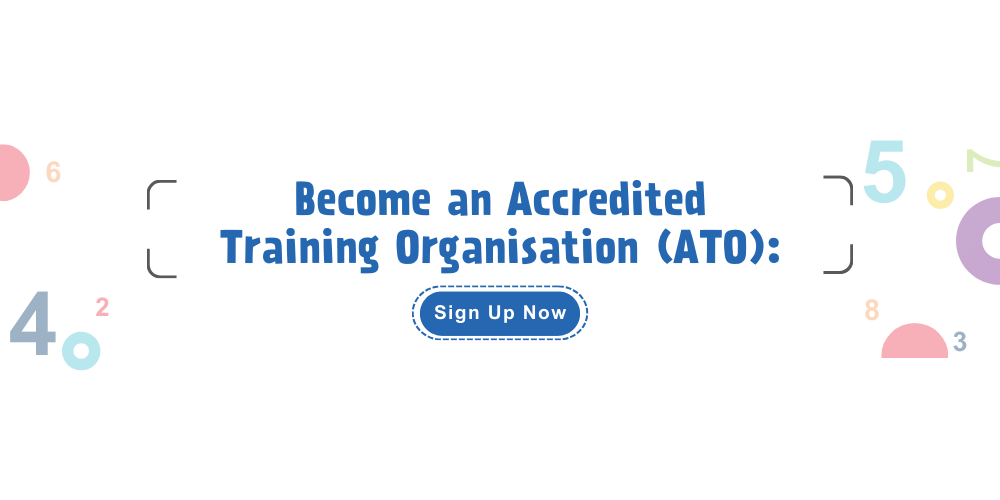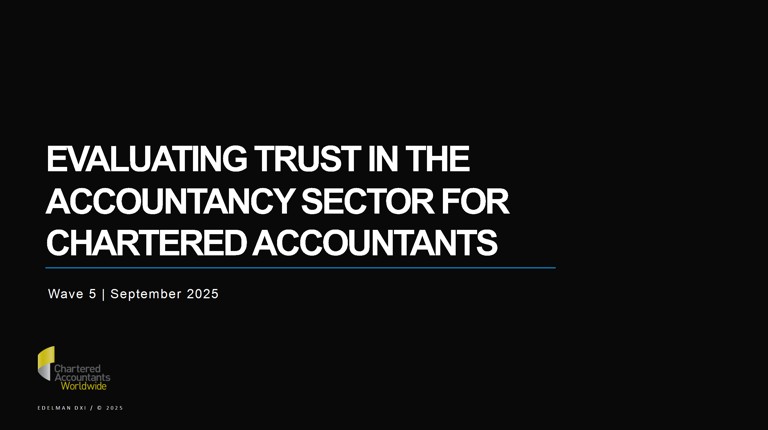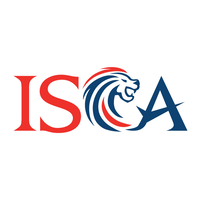SMP Onboarding Programme
SMP Onboarding Programme is designed to equip new audit professionals (audit assistants/ associates and audit seniors) with the necessary knowledge and skills to carry out their tasks more effectively. This programme is part of the Institute’s continuing efforts to support the SMP practitioners in providing relevant training to their staff.
The learning will be conducted through bite-sized e-learning modules which allows busy auditors to build skillsets with ease and flexibility. It aims to equip new audit professionals with understanding on:
- the audit environment in Singapore;
- the concepts of ISCA audit methodology and its applications; and
- the knowledge in Ethics Pronouncements (EP) 100 and 200.
UTAP funding is now available! Enjoy 50%* funding support for NTUC member! Find out more here*!

Programme Structure and Contents
Click on the respective tabs to find out more about each module:
1) Ethics Pronouncement 100: Relevance to Professional Accountants
| Objective and Outlines | CPE Hours |
This e-learning course will take you through the conceptual framework of EP 100 and its relevance to professional accountants, and explore various aspects – fundamental principles, ethical threats, ethical conflict resolution, responding to Non-compliance with Laws and Regulations (NOCLAR), etc.
On completion of this module, participants will enhance their understanding of their public interest duty and the relevance of the EP 100 in guiding them in respect of their public interest duty.
Practical examples will be used to illustrate the ethical dilemmas commonly faced by professional accountants and recommended ethical resolution framework in EP 100. | 2.0 |
2) Ethics Pronouncement 200: An Overview
| Objective and Outlines | CPE Hours |
This e-learning course will provide an overview of the EP200, information on the guidelines and requirements of Anti-Money Laundering (AML) and Countering the Financing of Terrorism (CFT) to professional accountants in Singapore.
The module will cover:
| 2.5 |
Developed by ISCA, the On-the-Job Training (OJT) Blueprints provide supervisors in the SMPs with a guide on providing structured in-house on-the-job training for the staff. It highlights the key considerations to note and the tasks standards for each audit work procedure, as well as the recommended competencies necessary for the staff to carry out his or her tasks effectively.
The OJT Blueprints cover 20 audit topics as follows:
| OJT Blueprints | Learning Format | Hours | |
| 1 | Trade and Other Receivables |
Self-reading |
8 |
| 2 | Trade and Other Payables | ||
| 3 | Cash and Bank Balances | ||
| 4 | Property, Plant and Equipment | ||
| 5 | Operating and Other Expenses | ||
| 6 | Revenue | ||
| 7 | Cost of Sales | ||
| 8 | Inventories | ||
| 9 | Group Audit – Planning | ||
| 10 | Inventory Count Observation | ||
| 11 | Leases for Lessees |
Recorded video |
6.5 |
| 12 | General Audit Procedures | ||
| 13 | Intangible Assets | ||
| 14 | Investments in Subsidiaries, Associates and Joint Ventures and other Equity Investments | ||
| 15 | Investment Properties | ||
| 16 | Loans and Borrowings | ||
| 17 | Income Taxes | ||
| 18 | Related Parties | ||
| 19 | Contingent Liabilities and Financial Commitments | ||
| 20 | Subsequent Events and Going Concern |
| Objective | Outlines | CPE Hours |
| This module focus on helping participants understand the regulatory environment and audit documentation expectations in Singapore. It will also provide guidance on how to effectively make use of the various programmes and forms in the ISCA Audit Manual for Standalone Entities (AMSE) to meet the various audit requirements. |
| 6 |
Programme Duration and Requirements
Programme Duration:
Participants are given six (6) months to complete the Programme from the date of registration.
Programme Requirements:
The SMP Onboarding Programme is administered through an e-learning platform and includes the following:
- an objective-based assessment/ knowledge check quizzes upon completion of each topic
- Participants are permitted unlimited attempts during the enrolled period of six months
- Participants need to complete each topic and achieve at least 75% correct answers to pass every assessment
Certificate of Completion and CPE Hours
A certificate of completion will be awarded to participants who have completed the entire programme.
CPE Hours & Categories
Category 2 = 4.5 hours
Category 3 = 20.5 hours





.png?sfvrsn=dd675fd5_2)

.png?sfvrsn=7844d69f_0)
6a6c7fe2013f4be3b0ecc0a5930da5c9.jpg?sfvrsn=ab5334c8_0)

/business-management-global-connection/istock-1167579720-c.jpg?sfvrsn=ff93f9a5_2)
/audit-assurance/istock-1169206203-c.jpg?sfvrsn=1d6f9b25_6)


/ethics-and-professionalism/istock-1141115724-c.jpg?sfvrsn=4e54d691_2)

/audit-assurance/istock-818732836-c-v3.jpg?sfvrsn=ae44e7b7_0)

.png?sfvrsn=905ee1bd_0)
/legal-secretarial/istock-866706340-c.jpg?sfvrsn=d7f57b8c_2)